This week, our editors bring news of what China’s recently announced five-year plan has in store for its writers and readers, and a(nother) reported death of Nigerian literature.
Xiao Yue Shan, reporting from China
I’m sure there are many who would agree with W. H. Auden’s assertion that: ‘In so far as poetry, or any other of the arts, can be said to have an ulterior purpose, it is, by telling the truth, to disenchant and disintoxicate.’ But the good members of the China Writers Association are not among them. 2026 marks the first year of the ‘Fifteenth Five-Year Plan’, which sets out China’s resolutions for social and economic development; within this ambitious blueprint (which interestingly highlights the state’s role in market management as well as the predictable emphasis on sustainability, innovation, and digital technology), there are distinct cultural goals, adherent to national ideology and inextricable from its constructions of power. Certainly, China has always held its literature in great esteem, exercising its political potentials more fervently than arguably any other nation, but even in our long parade of book-loving leaders, Xi Jinping has shown himself to be amongst the most ardent advocates for a symbiotic relationship between the arts and the state, following in the footsteps of Lu Xun in defining literature as first and foremost a form of guidance. As he stated in a speech at the 2014 Forum on Literature and Art: ‘Our contemporary writers and artists should take patriotism as the main theme in creation, guide the people to establish and adhere to correct views on history, the nation, the country, and culture. . .’
The ‘Fifteen-Five’, as the Plan is called, iterates the necessity of developing culture ‘in line with core socialist values’, mentioning seemingly innocuous intentions like ‘promoting the construction of a book-loving society’, as well as more zealous motives like ‘improving the ability to guide mainstream opinion’. Overall, it continues the lineage of CCP policies to unify, optimise, and regulate, with a lot of ‘expanding’ and ‘enhancing’ (toe-curling words for those of us who fear the hyperactive thrust of our moment). In following these mandates, some of the Association’s strategies are standard—such as the “全民阅读促进条例 Regulations on Advancing Reading for All’, which includes increasing publicly funded literary events, as well as a plan to send writers and literati to rural areas (sound familiar?) to encourage engagement and to ‘beautify’. Others are combating newly urgent issues such as AI, looking to fortify copyright laws and educate literature workers as to the available protections. READ MORE…


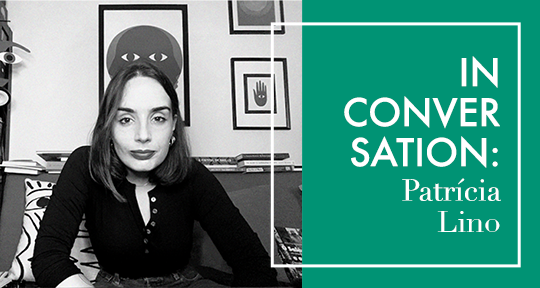

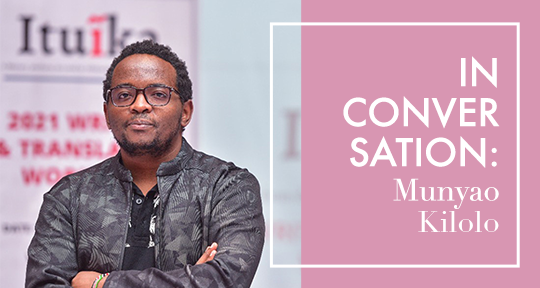

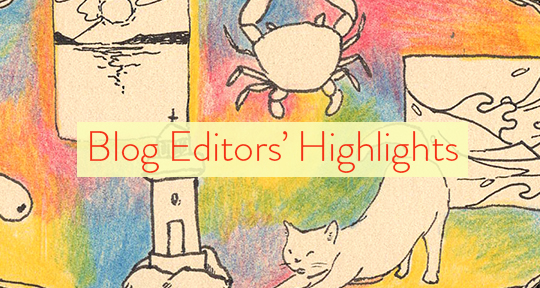

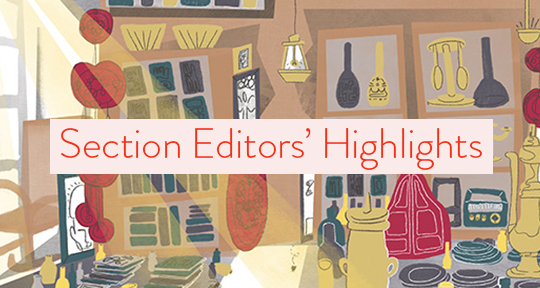
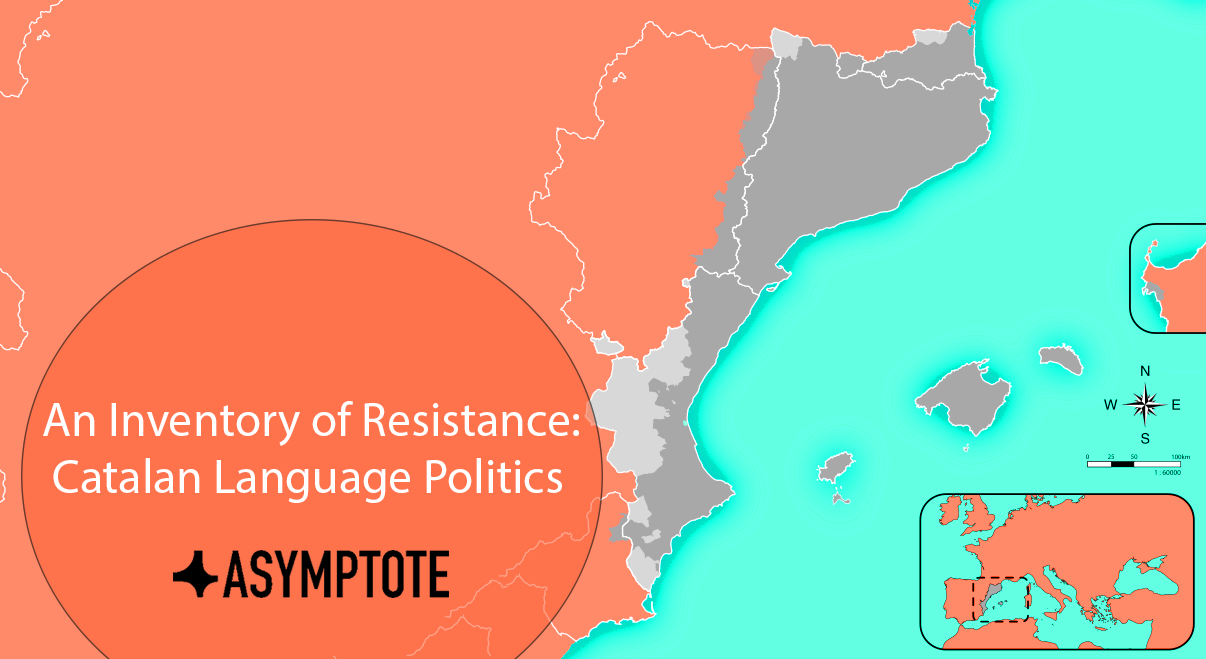
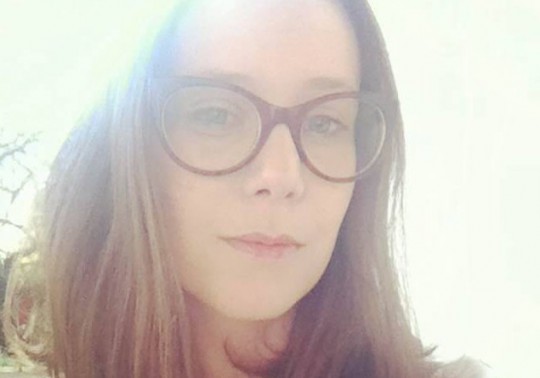
A Pointed Atemporality: Mui Poopoksakul on Translating Saneh Sangsuk’s Venom
He's very aware of the rhythm and musicality of this text . . . he said it should take something like an hour and thirty-seven minutes to read.
In our May Book Club selection, a young boy struggles with a snake in the fictional village of Praeknamdang, in a tense battle between beauty and cruelty. In poetic language that is nostalgic for the world it describes without romanticizing it, Saneh Sangsuk creates a complex and captivating world. In this fable-like story there are no simple morals, in keeping with Sangsuk’s resistance to efforts to depict a sanitized view of Thailand and to the idea that the purpose of literature is to create a path to social change. In this interview with translator Mui Poopoksakul, we discuss the role of nature in the text, translating meticulous prose, and the politics of literary criticism.
The Asymptote Book Club aspires to bring the best in translated fiction every month to readers around the world. You can sign up to receive next month’s selection on our website for as little as USD20 per book; once you’re a member, join our Facebook group for exclusive book club discussions and receive invitations to our members-only Zoom interviews with the author or the translator of each title.
Barbara Halla (BH): How did you get into translation, especially given your law background?
Mui Poopoksakul (MP): I actually studied comparative literature as an undergrad, and then in my early twenties, like a lot of people who study the humanities, I felt a little bit like, “Oh, I need to get a ‘real job.’” I went to law school, and I worked at a law firm for about five years, and I liked that job just fine, but it just wasn’t what I wanted to do for the rest of my life.
So, I started thinking, What should I be doing? What do I want to do with myself? I had always wanted to do something in the literary field but didn’t quite have the courage, and I realized that not a lot of Thai literature been translated. I thought, If I can just get one book out, that would be really amazing. So, I went back to grad school. I did an MA in Cultural Translation at the American University of Paris, and The Sad Part Was was my thesis from that program. Because I had done it as my thesis, I felt like I was translating it for something. I wasn’t just producing a sample that might go nowhere.
The whole field was all new to me, so I didn’t know how anything worked. I didn’t even know how many pages a translation sample should be. But then I ended up not having to worry about that because I did the book as my thesis.
BH: You mentioned even just one book, but did you have any authors in mind? Was Saneh Sangsuk one of those authors in your ideal roster?
MP: I wouldn’t say I had a roster, but I did have one author in mind and that was Prabda Yoon, and that really helped me get started, because I wasn’t getting into the field thinking, “I want to translate.” My thought was, “I want to translate this book.” I think that helped me a lot, having a more concrete goal.
READ MORE…
Contributor:- Barbara Halla
; Languages: - English
, - Thai
; Place: - Thailand
; Writers: - Mui Poopoksakul
, - Prabda Yoon
, - Saneh Sangsuk
; Tags: - Deep Vellum
, - environmentalism
, - literary criticism
, - nature
, - nature in storytelling
, - pacing
, - pacing in translation
, - Peirene
, - respect for nature
, - rhythm
, - rhythm in translation
, - social commentary
, - storytelling
, - Thai literature